Larach by John Foggin
–Reviewed by Simon Zonenblick –
The title poem of John Foggin’s chapbook explains that ‘Larach’ is Gaelic for a place that no longer is. Presenting stark but vivid images, he begins this twenty-poem chapbook by contrasting
that road in Spain; a hot nightwind,
the churring of cicadas. Cactus;
salt in the air
with other rustic, Mediterranean scenes:
Cutdown oildrum drinking troughs
In roadside dust. Goatbells,
Olives, stone
and then with harder, colder, more British evocations of
…where the stag stood in the yellow
Of the headlight, the dark swirl
Of blown snow.
This combination of contrasts, conjuring scenes from Greek mythology, Spanish farmland, and the Isle of Skye (where many of the poems were written or inspired) defines Larach, which deftly, at times disconcertingly, weaves a moving tapestry of memories around the ghost of a place.
One poem describes Orpheus journeying to the Underworld, descending to the core of the Earth. Foggin explores myths and their protagonists in a way that lends them humanity and personality, without demythologizing, as in ‘Daedalus’:
Pinioned in a parchment sky,
His mind a kitestring ravel,
He stares at distressing
White comets tails of feathers,
Down at his dwindling son.
He knows so much.
The structure of a bird’s wing,
The melting point of wax.
Characters, identities and stories are richly embedded. ‘Watershed’ knocked me for six:
You’ll have to watch the road
ignore the gothic dream
of fretted mountain ridge out there
on the misty edges of the world
and, several stanzas later:
and though you’ve never seen
the snow, the upturned truck,
the bird, you think you might
every time you go there
where the stories start.
This poem achieves a kind of fiction within poetry, magically presenting a reality and then removing it, questioning apparent truths and illustrating, with seamless naturalism, the ephemeral subjectivity of everything we “know“. Despite being a poem without a particular plot, ‘Watershed’ creates a narrative within itself, a kind of story about all stories.
This poetry, often striking for its acute explorations of peripheries, also touches the very heart of being, with profound and painful observations of everyday life. For example, ‘Our David’s Pictures’ offers a moving portrait of the poet’s late son:
In tracing the anatomy of war
Our David’s concentration’s absolute.
He kneels in peace, head bowed. An acolyte.
His pictures conjure tiny armies on the floor.
Consider the skillful, perfectly-described contrast between the artist’s subject matter and his calm, monkish manner, almost Zen-like and subtly, beautifully ironic.
This ability to intertwine the dramatic with the everyday, the stuff of war and destiny with recognisable domesticity, is further evident in ‘True Stories’, in which Zeus, ‘miasmic with testosterone, / or a shower of gold’, is likened to the Kray twins, heightened to brilliance by the narrator’s anachronistic summary of Godly violence:
The whole pale mortal world
just asking for it.
A bit of blood and bruising.
No harm done.
I can imagine the lines delivered by a barely flustered Reggie or Ronnie, taking a breath after the decisive blow, calmly returning to dusting off a snooker cue or taking a sip of whisky. The poem goes on to underline an oddly life-affirming passion, lamenting how
Years and reverence
Have bleached Greek myths white and silent,
Censored severed hands and tornout tongue;
The loud incontinent reek of death.
These lines ooze with thirst for life and death in the raw. The poet manages, uncannily, in just a few short stanzas, to elucidate a clear viewpoint on myth. I always finish a John Foggin collection with a firm picture of the author’s feelings, even though concrete assessments of worldly events are few and far between. Foggin’s poetry glimmers with scarcely-spoken, emotional responses to landscape and sensation, fused with unsentimental observation: the panoramic yet minutely detailed landscapes of Skye, the flirt of primrose in the shattered quartz, ‘the crofts, smokeless chimneys and sheep pottering and nibbling polished stones / on the shore at Camas Malag’, presented like fleetingly glimpsed visions on a journey (Foggin is a long-time rambler).
The ability to draw physical reality and suffering into focus comes most effectively together in a poem which takes for its subject not recent observations of the natural world, but a scene from a century ago. While Larach’s predecessor, the excellent Backtracks, examines the lives of his own relatives, of largely working-class and northern backgrounds, this volume is unafraid of stepping into different territory, and the central figure here is a 40-year-old lady of the comfortable middle classes.
‘Camera Obscura’ was Highly Commended in 2014’s Forward Prizes after winning First Prize in that year’s Lumden/Camden Poetry Competition, and has at its heart the unmistakeable sense of a voice from the periphery, of muffled stories needing to be told. Written for Suffragette Emily Wilding Davison, the poem describes a photograph of the activist being hit by George V’s horse at Epsom, having stepped into its path to try (according to one theory) to grab its bridle and attach the WSPU flag, so it would be photographed on crossing the finishing line. This was a moment of huge symbolic significance: a female activist, killed in collision with the King’s horse, at a time when male-dominated politics – elderly men sending younger men to war – was being challenged by a movement aimed at bringing votes to women. Another poet might try to compress these emotive elements into a commemorative tribute or a highly charged political poem, and while this would be no sin, John Foggin employs the image more carefully, with sensitivity and precision. He uses it, if not as a centrepiece, then certainly as one of the signature images, almost a snapshot of the preoccupations of this book. The poem honours Emily Wilding Davison not as a figurehead or representative, but as an individual:
Emily Wilding Davison, June 1913
The reason for your being here
is out of sight. They can’t be seen –
your Cause’s colours sewn inside
your decent coat: white, violet, green.
The camera sees the moment
you began to die:
The camera cannot tell;
it’s business neither truth nor lies.
Until the image blurs, dissolves in silver flowers,
it’s there on celluloid in shades of grey;
the camera only says that in that instant
you are dying, and everyone has looked away.
The closing stanza, prophetically ushered in by the approaching finish-line, simultaneously reduces and heightens the story of Emily Wildling Davison, not to one of political heroism or sacrifice, but of human vulnerability and loneliness. Blurred images, dissolving in silver flowers, are so redolent with loss and grief that a poet of scanter skill might overkill with metaphor, but the poem’s under-emphasis, its author’s avoidance of overstatement or pretence, leaves a pertinent, personal image.
I’ll close by looking again at the opening poem, in which Foggin delivers visions of earthy authenticity, lending softness and purity to the rough or toughened, drinking troughs and roadside dust, in a brilliant portrait of
The little whiteharled place, somewhere
in the Borders, prim and discreet
as a cough in a chapel.
Or one grey dawn where
a flurry of buzzards flapped off
a sop of a sheep in the turf cut.
As the blurb explains, Foggin writes about memory and its unreliabilities. The fall of a horse, and the fall of a boy, is also about the dumb who drown in history and disappear.
Larach. A pibroch for places
passed by, passed over;
for the ache of forgetting
or not forgetting.
Foggin shows no sign of slowing down in his writing of poetry, and this is something to rejoice at: his work has that rare quality of being at once raw, unflinching, and beautiful. He surely has many more stories to tell.
Larach is part of the Lumden&Camden Poetry Series, with proceeds to cold weather shelters in Camden and Kings Cross, London.

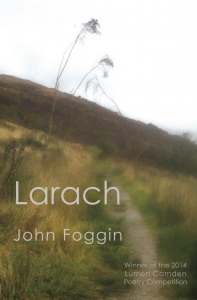
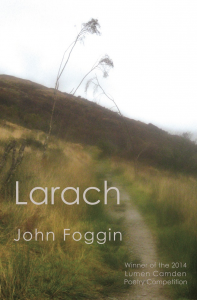

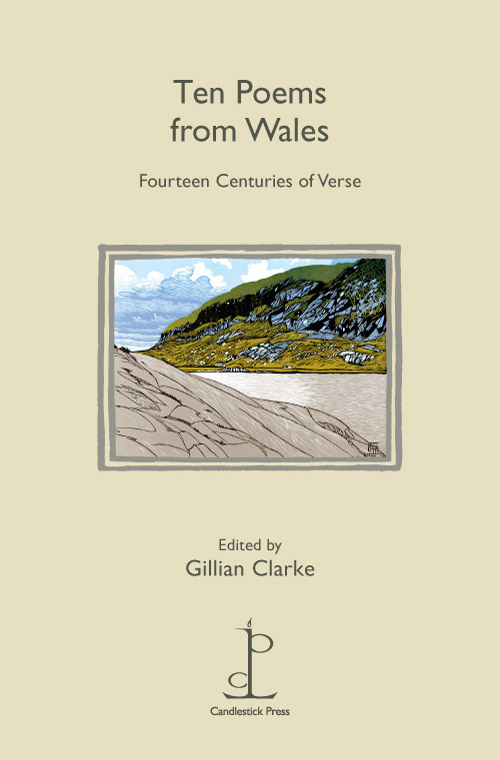
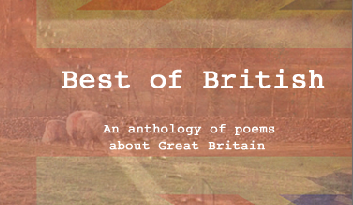
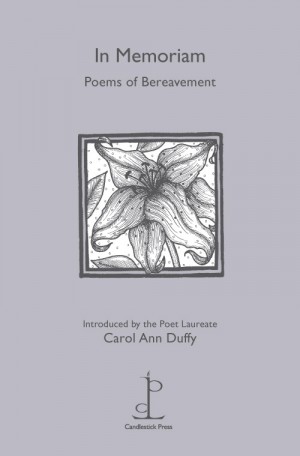
Happy and more than happy about this….but there’s just one of me. John Foggin. No ‘s’ xxxxx